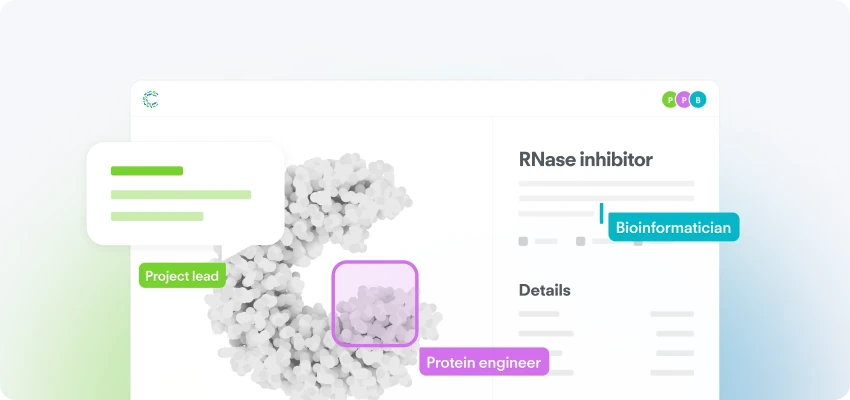The Rising Influence of Machine Learning and Coding in Biotechnology (a Survey)
The landscape of biotechnology is rapidly evolving, with coding and machine learning becoming integral to the innovative processes. A recent industry survey by Cradle, a platform that empowers scientists to design and program proteins, and Bits in Bio, a global community dedicated to creating software for science, reveals a detailed picture of current trends within the synthetic biology sector.

Coding: An Essential Skill for Biotechnologists
According to the survey, a significant majority of biotechnologists are now adept at coding. A remarkable 87% of wet lab scientist respondents reported that they write code, with 55% scripting to automate workflows weekly and 39% programming data engineering or pipelines on a similar schedule. Most of these scientists have acquired their coding skills independently, with 74% learning on the job and 63% through formal education.
Python emerged as the most common coding language, used by 97% of respondents for data analysis in the past year. Other frequently utilized languages include Shell (Bash/Powershell), R, SQL, and HTML/CSS.
Machine Learning Adoption in Biotech
Machine learning is no longer a futuristic concept but a present reality in biotech. An impressive 73% of biodevelopers are incorporating machine learning into their work. The frequency of use is also significant, with 26% using machine learning weekly and 20% monthly. The numbers are expected to grow, with 82% of respondents not currently using machine learning expressing an interest in doing so in the future.
De Novo Protein Design: A Top Priority
The survey highlighted the priority given to de novo protein design among biodevelopers, with 71% of respondents actively working on or expressing interest in protein engineering. This interest spans a diverse range of applications, including enzymes, antibodies, short peptides, and gene regulatory proteins.
AI in Biotech Companies
The survey findings underscore the growing influence of AI and computational methods in biotech companies. Cradle, for instance, leverages machine learning to expedite the design and programming of 'cell factories', illustrating the potential of AI to speed up the development of more environmentally friendly production methods.
"Proteins have the potential to be a central tool in tackling the big challenges of the future; from countering climate change and pollution, to curing diseases and generating environmentally friendly alternative resources for food, clothing, materials, and chemicals," commented Stef van Grieken, Cradle’s CEO and co-founder.
In conclusion, the State of Tech-Bio report paints a vivid picture of the synthetic biology sector's trajectory. The integration of computational protein design, machine learning, and coding skills into the biotech industry are not only vital for current scientific advancements but also pivotal for future innovations. With a wave of biotech companies using AI and deep learning in protein design, the future of biotech is ripe for breakthroughs that could reshape our world.
Topics: Industry Trends
Comments:
There are no comments yet. You can be the first.
Leave a Reply cancel reply
Your email address will not be published. Required fields are marked *